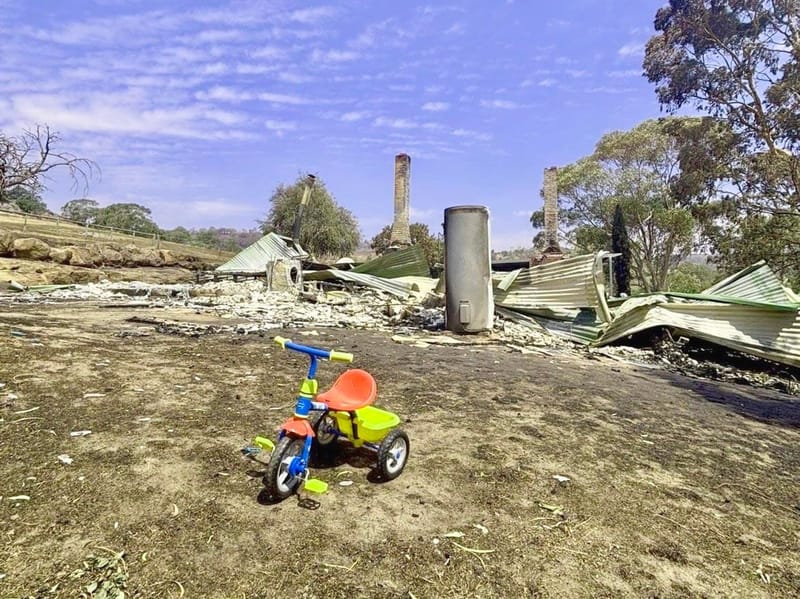Little on offer for youth in the Budget
BY SACHIN VARADARAJAN Federal Treasurer Josh Frydenberg on Tuesday, outlined the governments Federal Budget for 2019-2020, just months away from the elections. While there were a number of important points for middle income tax-payers, the budget...

ANALYSIS
By SACHIN VARADARAJAN,
deputy political editor
Young Australians and international students were basically ignored in this week's Budget. And it's not for the first time in recent years.
Budget highlights and lowlights
- No change to Newstart or Youth Allowance
- No change in university spending
- A backflip on apprenticeships
- Large scale infrastructure projects
- No move on renewable energy
- $461 million in strategies and systems to tackle Australia’s youth mental health “tragedy"
- Immediate tax relief for low and middle‑income earners of up to $1080 for singles or up to $2160 for dual income families to ease the cost of living
- No real change or assistance in tackling the rising cost of living faced by students
There was nothing added to Newstart or Youth Allowance. This is despite the fact that a report last year by Universities Australia found that up to one in seven students regularly went without food. Adding in any normal unexpected expenses meant students were barely above the poverty line, the report said.
On an average students pay $433 a week on bills, including rent, food and utilities, and with Newstart or Youth Allowance remaining unchanged at $278, lack of money continues to be a cause for concern. Some university students and young professionals also pay up to $15 a day in transport.
These figures rise exponentially if you are an international student, whose access to employment is limited by visa restrictions.
This Budget also offered no improvement in university education spending. Degrees cost upwards of $20,000, and much more for international students.
One positive move was a sizeable allocation of funds towards Vocational Education and Training – more than $100 million a year over five years.
This would appear to be a backflip from last year's Budget, where there was a $200 million cut to apprenticeships. The lack of continuity is definitely discomfiting for those looking to take up apprenticeships.
Another issue that interests young people, but didn’t appear to have much attention in the Budget, is climate change. The Climate Solutions Fund was announced back in February, but there was nothing new or constructive in the Budget on climate change, or changes to ongoing fossil fuel subsidies.
Other issues that found no place in this Budget were those that concern many young people: wage growth and job opportunities.
ACTU president Michele O'Neil said the Government had "fail[ed] on fairness, and fail[ed] on wage increases".
She said the Budget didn’t come through for the working class, as there was no increase in their wages.
“The facts are that Australians have had stagnant wages for six years,” Ms O’Neil said.
“One-off handouts like the immediate $1080 that the $48,000-$90,000 range will earn when they file their financial year’s tax return, don’t make up for the need for increases in wages and wage growth overall,” she said in her address to the media.
Another pledge by the government, $2 billion towards a Geelong to Melbourne fast rail, would appear on face value to be much needed and well overdue.
However, an analysis of government documents seen by the ABC suggest the bulk of the investment might never happen. Only $20 million has been allocated in 2021-22, with another $30 million the year after. The remaining amount would come through only after 2023-24, which is the year of the next federal and state elections.
This may be yet another budget that ignores the people who will one day be running this country, and will fuel this economy.





